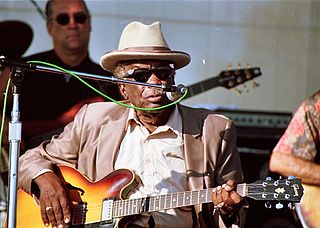A Quote by Paul Allen
Moore's Law-based technology is so much easier than neuroscience. The brain works in such a different way from the way a computer does.
Quote Topics
Related Quotes
There's a popular misconception that property boundaries are based on coordinates that surveyors can simply "walk to" with our instruments. The reality is that, while physical coordination of monuments is easier than it's ever been, property boundaries often need to be determined based on evidence and plans that are old, decrepit, and done with different technology and expectations than we have today.
Think about the way you go surfing on the Internet - you go from one thing to another. You can't really concentrate. I can't sit and read 10 pages on my computer. You'll read and then all of a sudden part of your brain is like, "What about that? ...You're not reading the whole book. You're reading fragments. Even though I think it's bad, I think it's interesting too, because that's the way my brain works.
The personal computer was a disruptive innovation relative to the mainframe because it enabled even a poor fool like me to have a computer and use it, and it was enabled by the development of the micro processor. The micro processor made it so simple to design and build a computer that IB could throw in together in a garage. And so, you have that simplifying technology as a part of every disruptive innovation. It then becomes an innovation when the technology is embedded in a different business model that can take the simplified solution to the market in a cost-effective way.
The way Moore's Law occurs in computing is really unprecedented in other walks of life. If the Boeing 747 obeyed Moore's Law, it would travel a million miles an hour, it would be shrunken down in size, and a trip to New York would cost about five dollars. Those enormous changes just aren't part of our everyday experience.
The first thing I became interested in in terms of 'Brain Storm' was neuroscience, and that is like saying you're interested in the universe. So ultimately I knew if I was going to handle this in a fictional format, I would have to take a subsection of neuroscience, and that turned out to be the use of neuroscience in criminal courts.



































